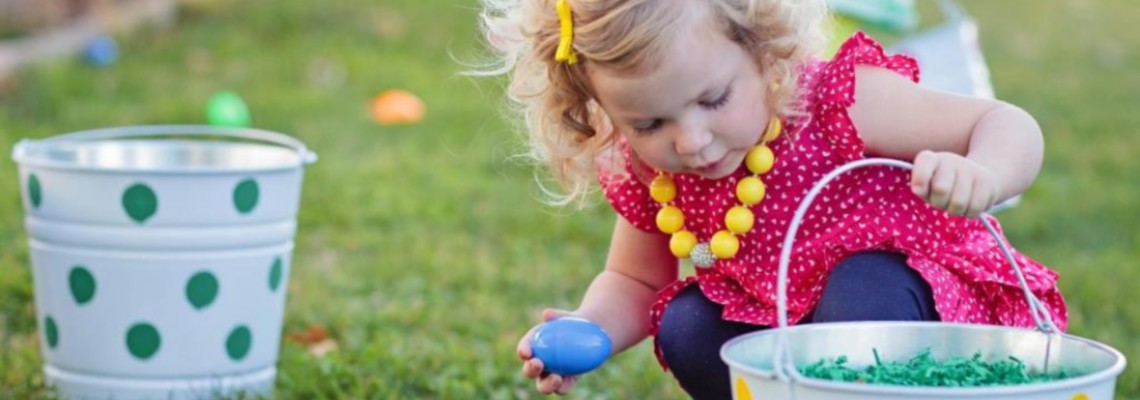Easter Sunday History

Easter Sunday is a significant day in the Christian calendar, marking the resurrection of Jesus Christ. The earliest recorded observance of Easter dates back to the 2nd century, though it's likely that the commemoration of Jesus' resurrection occurred earlier. The name "Easter" has uncertain origins, but one theory suggests it comes from Eostre, the Anglo-Saxon goddess of spring and fertility. Another theory posits that it derives from the Latin phrase "in albis," which became "eostarum" in Old High German.
The date of Easter varies each year, falling on the first Sunday after the first full moon following the spring equinox, which means it can occur between March 22 and April 25. This dating system was established by the Council of Nicaea in 325
In the USA, Easter is celebrated with both religious and secular traditions. Many Americans attend church services on Easter Sunday, where special traditions like the recitation of Easter poems by children may take place. Families often gather early in the morning, dressed in festive attire, and head to church together. Afterward, it's common to enjoy a large Easter brunch.
Secular celebrations include the Easter Bunny, egg hunts, and baskets filled with candy and toys. The White House hosts an annual Easter Egg Roll, a tradition that dates back to 1878. While not a federal holiday, Easter Sunday is widely observed across the country with various events and activities that blend religious observance with festive family gatherings.
Easter in the USA reflects a blend of deep-rooted religious significance and cultural festivities, making it a time of reflection as well as celebration for many.


Leave a Comment